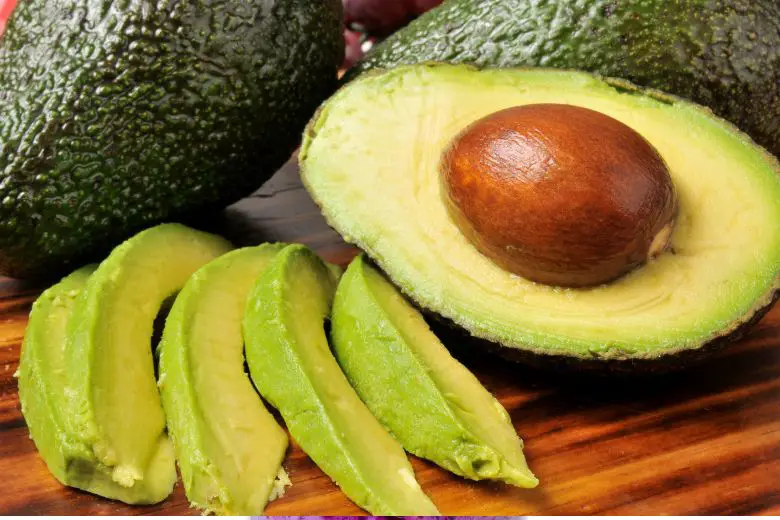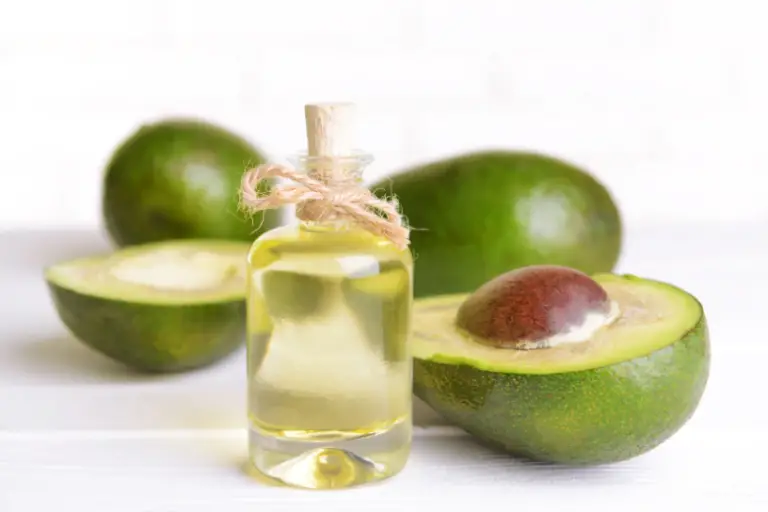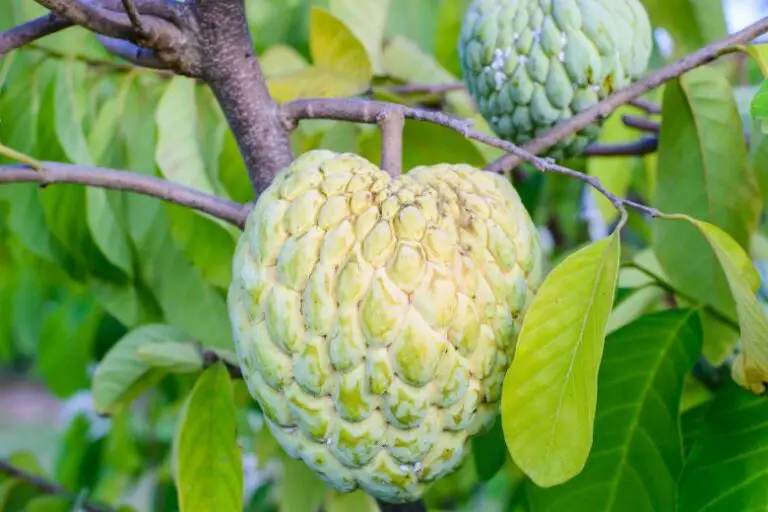Are Avocados Good for IBS
Living with Irritable Bowel Syndrome (IBS) can be challenging, with symptoms like abdominal pain, bloating, and irregular bowel movements affecting daily life.
While there is no cure for IBS, dietary modifications often play a crucial role in managing symptoms. One food that has gained attention in recent years for its potential benefits in IBS management is avocados.
Understanding IBS
IBS is a gastrointestinal disorder characterized by a group of symptoms that manifest in the digestive system. Common symptoms include abdominal pain or discomfort, bloating, and changes in bowel habits. It is estimated that approximately 10-15% of the global population suffers from IBS, making it a prevalent condition worldwide. The impact of IBS on an individual’s quality of life can be significant, affecting their work, social interactions, and overall well-being.
Nutritional Considerations for IBS
Dietary choices can significantly influence IBS symptoms. Certain foods can trigger or exacerbate symptoms, while others may help alleviate them. IBS patients are often advised to avoid or limit the intake of high-fat foods, caffeine, alcohol, spicy foods, and artificial sweeteners. On the other hand, increasing dietary fiber intake, especially soluble fiber, has been found to benefit IBS patients by improving bowel regularity and reducing bloating.
Exploring Avocados
Avocados, known for their creamy texture and unique taste, are not only delicious but also rich in nutrients. They contain healthy monounsaturated fats, which can be beneficial for heart health. Avocados are also a good source of dietary fiber, vitamins, and minerals, including potassium, vitamin K, vitamin E, and folate. Additionally, they are low in FODMAPs (fermentable oligosaccharides, disaccharides, monosaccharides, and polyols), a group of carbohydrates that can trigger symptoms in some IBS patients.
Avocados and IBS
Research studies have indicated that avocados may offer potential benefits for IBS patients. The specific mechanisms are not yet fully understood, but avocados’ combination of healthy fats, fiber, and low FODMAP content could contribute to symptom relief. Some individuals with IBS have reported experiencing reduced abdominal pain, bloating, and improved bowel movements after incorporating avocados into their diets. However, it is essential to note that the effects may vary from person to person, and individual tolerances should be considered.
Other Foods for IBS
While avocados show promise for IBS management, they are not the only food that can benefit individuals with this condition. Following a low-FODMAP diet, which involves restricting certain carbohydrates that can trigger symptoms, has shown positive outcomes for many IBS patients. Other foods that are generally well-tolerated by individuals with IBS include rice, lean proteins, certain fruits, and vegetables. It is crucial for IBS patients to adopt an individualized dietary approach and work closely with healthcare professionals or dietitians to identify trigger foods and suitable alternatives.
Tips for Incorporating Avocados into an IBS-Friendly Diet
Including avocados in an IBS-friendly diet can be both delicious and nutritious. Here are some tips for incorporating avocados into your meals:
Simple avocado toast: Mash a ripe avocado and spread it on whole grain toast.
Avocado smoothies: Blend avocado with your favorite fruits and a non-dairy milk for a creamy and satisfying smoothie.
Avocado salad: Slice avocado and add it to a fresh salad with leafy greens, cherry tomatoes, and a light dressing.
Avocado as a healthy fat substitute: Replace high-fat spreads or dressings with mashed avocado for a healthier alternative.
Avocado-based dips: Make guacamole or avocado-based dips for snacking, using fresh ingredients and spices.
Remember to pay attention to portion sizes and be mindful of other ingredients that may trigger your symptoms. While avocados are generally well-tolerated, individual sensitivities may vary.
Lifestyle Modifications for Managing IBS
In addition to dietary changes, certain lifestyle modifications can also help manage IBS symptoms. Stress management techniques, such as mindfulness meditation, deep breathing exercises, or engaging in hobbies, can have a positive impact on overall well-being and symptom reduction. Regular exercise, such as walking or yoga, has been shown to improve digestion and alleviate IBS symptoms. Staying hydrated is equally important, as it supports healthy bowel movements and prevents dehydration-related issues.
FAQs
Can avocados worsen IBS symptoms?
Avocados are generally well-tolerated by individuals with IBS. However, individual sensitivities may vary. It is recommended to monitor your symptoms and adjust your intake accordingly.
Are there any side effects of consuming avocados for IBS patients?
Avocados are considered safe for most people, including those with IBS. However, consuming large quantities may cause digestive discomfort or diarrhea in some individuals. It is best to start with small portions and monitor your body’s response.
Can avocados be eaten raw or should they be cooked for IBS management?
Avocados can be consumed both raw and cooked, depending on personal preference. Cooking may alter the texture and taste, so experiment with different preparations to find what suits you best.
Are there any other fruits that are beneficial for IBS patients?
Yes, some fruits are generally well-tolerated by individuals with IBS. Examples include bananas, blueberries, strawberries, and oranges. However, it is essential to pay attention to individual reactions and avoid fruits that trigger symptoms.
Can avocados help with both diarrhea and constipation in IBS?
Avocados contain dietary fiber, which can help regulate bowel movements and alleviate both diarrhea and constipation in some individuals. However, the effects may vary, and it is essential to listen to your body’s response.
Conclusion
Avocados can be a valuable addition to an IBS-friendly diet, thanks to their nutritional composition and potential benefits for symptom management. While they may not work for everyone, many individuals have reported positive outcomes after incorporating avocados into their meals. Remember to adopt an individualized approach, monitor your body’s response, and consult with healthcare professionals or dietitians for personalized guidance. With proper dietary choices and lifestyle modifications, individuals with IBS can improve their quality of life and better manage their symptoms.







